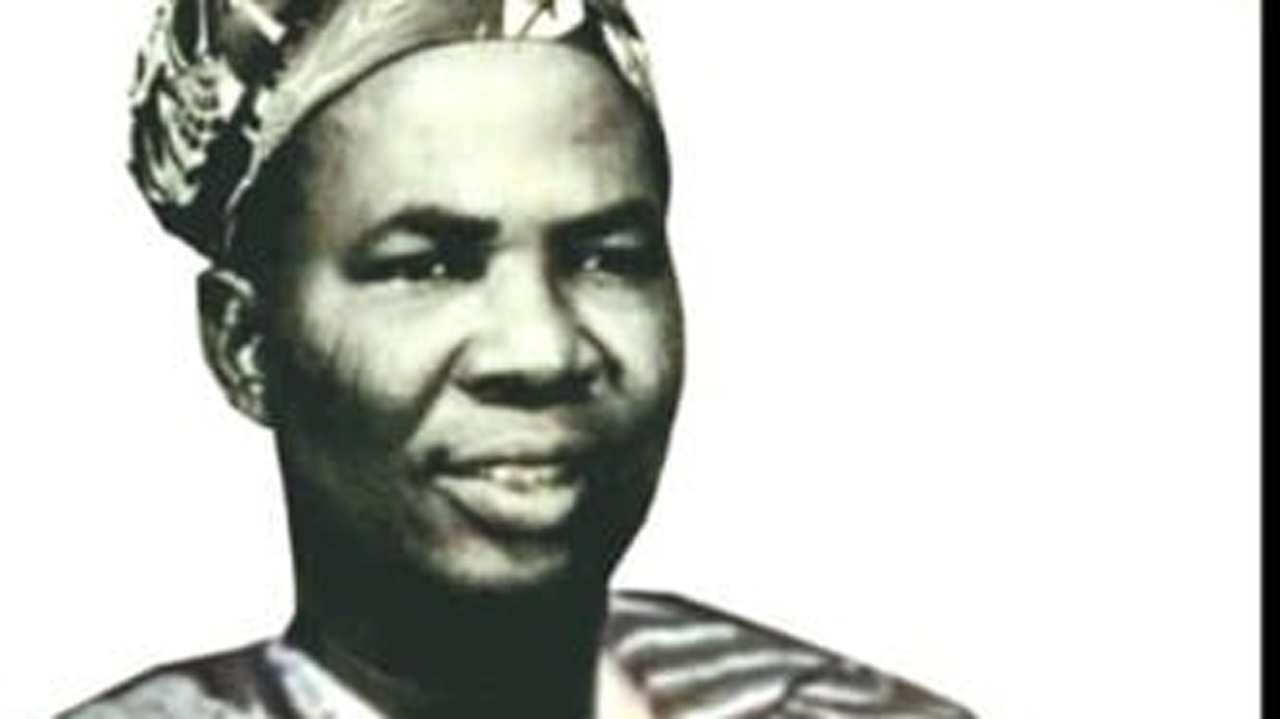The Minister of Foreign Affairs, Ambassador Yusuf Tuggar, has criticised those suggesting that Nigeria has no foreign policy and those advocating for a shift away from an Afro-centric policy, describing them as either ill-informed or deliberately disingenuous.
In a piece titled “Foreign Policy and the Path to Peace in a Dangerous Neighbourhood” and made available to the media on Tuesday, Tuggar noted that Nigeria’s foreign policy of promoting peace and prosperity is a constitutional obligation crucial for democratic growth, domestic peace, and a stable international order.
Listing the country’s five foreign policy objectives, including the promotion and protection of the national interest, African integration and support for African unity, promotion of international cooperation for peace and mutual respect, respect for international law and treaty obligations, as well as the promotion of a just world economic order, he faulted calls from different quarters for a redirection of focus away from Africa.
“I was born during a civil war and was not able to vote for my leader until I was in my 30s. Nigeria is now a country guided by the rule of law and a constitution that clearly defines our system of government.
“This includes our foreign policy objectives and rightly so because, in an interconnected world, we define our sovereignty in the context of certain key principles, including our right to self-determination, the right to defend our autonomy and secure our borders, and the responsibility to respect our obligations under international law.
“The Constitution also makes it clear why any responsible Nigerian government should be concerned when neighbors are governed without a constitution or codified rules.
“It goes without saying that the sovereignty of our neighbors is their business. They can grant powers to whatever governing structures they deem fit and should expect their autonomy to remain safeguarded. However, when our interdependence sovereignty overlaps, we equally have a right to exercise control over our borders in cases where neighbors face insurgencies that significantly compromise territorial integrity and state authority,” Tuggar stated.
He added that, by virtue of its size, Nigeria has the additional responsibility of being the regional power despite strategies to diminish its position.
He said, “Our constitution further reifies this leadership role right from the preamble, dedicating ourselves to promoting inter-African solidarity, integration, support for African unity, and the elimination of discrimination in all its manifestations.”
The minister held that to achieve lasting peace in Libya and the Sahel, there is a need for Nigeria to engage with neighboring countries as well as major powers.
“For this reason, it does not make sense to simply deduce that Nigeria has to distance itself from France because that is the prevailing trend in its former colonies,” he noted. “As a nation, Nigeria is mature and sophisticated enough to deal with countries without being unduly influenced, as this has been part of our historical and civic tradition. You cannot cure an illness by picking which symptoms to consider and which to ignore.”
Tuggar pledged that Nigeria and ECOWAS will sustain diplomatic efforts towards Niger, Mali, and Burkina Faso, having shared interests in peaceful coexistence.
According to the minister, while President Ahmed Bola Tinubu continually pushed for the unconditional removal of ECOWAS sanctions against the three coup-affected countries, they maintained their stance.
He said, “With the one-year notice period coming to an end in January 2025, President Tinubu further pushed for ECOWAS to extend the grace period for another six months while intensifying diplomatic efforts.
“The response to this initiative last month was evidence-free allegations that Nigeria was harboring foreign soldiers and sponsoring state terrorism. Whenever President Tinubu and other democratic leaders offer stoic statesmanship and an opportunity to work together towards our common interests, it is met with contrived controversy designed to divert and distract from a failure to meet the basic responsibilities of public administration.”
The minister explained several failed efforts to broker peace, including the proposed return visit that was suspended by Niger authorities after a date had been fixed.






